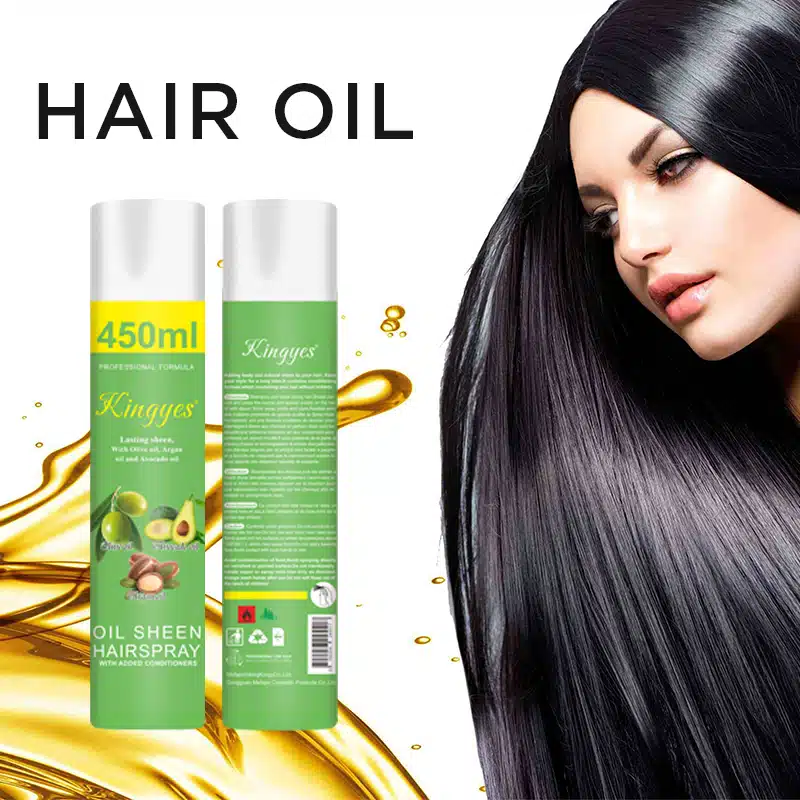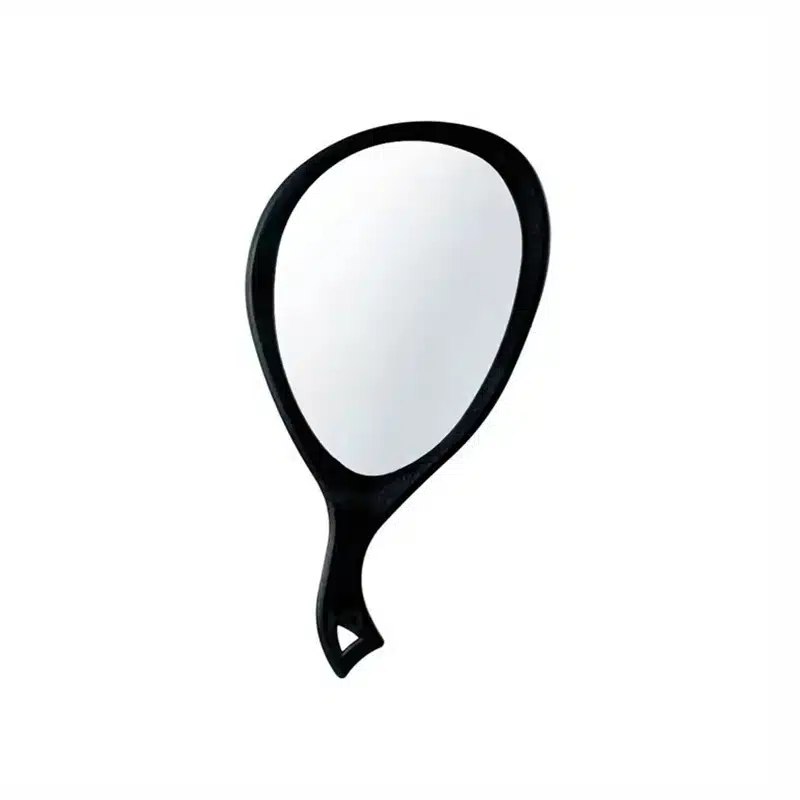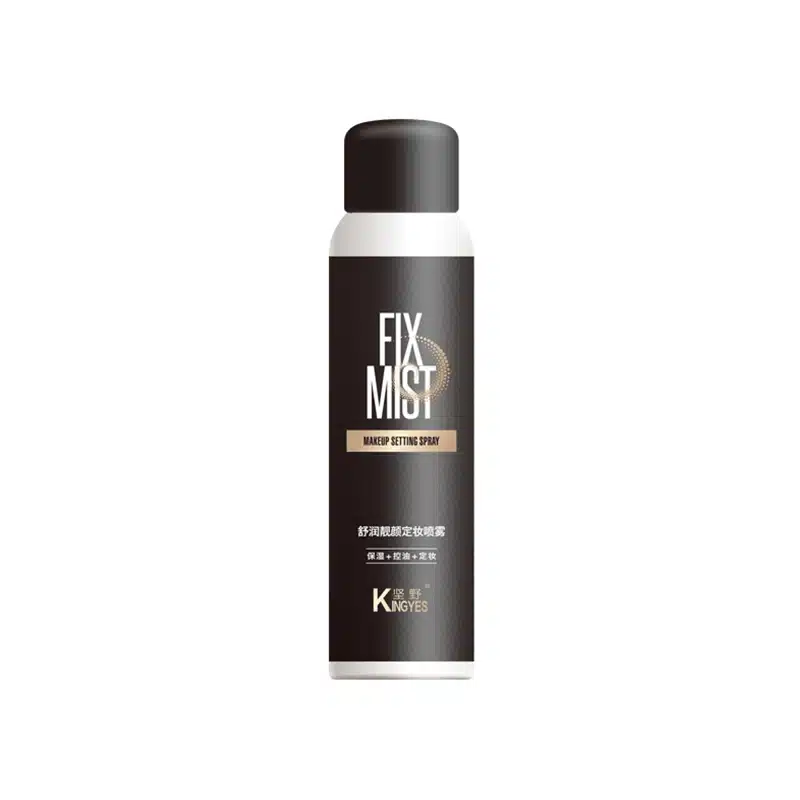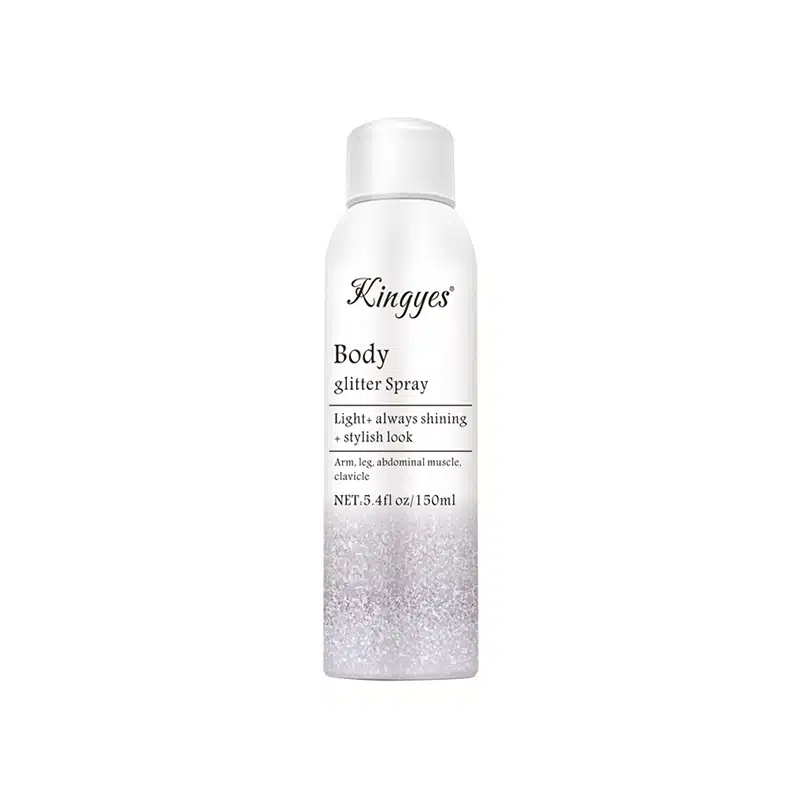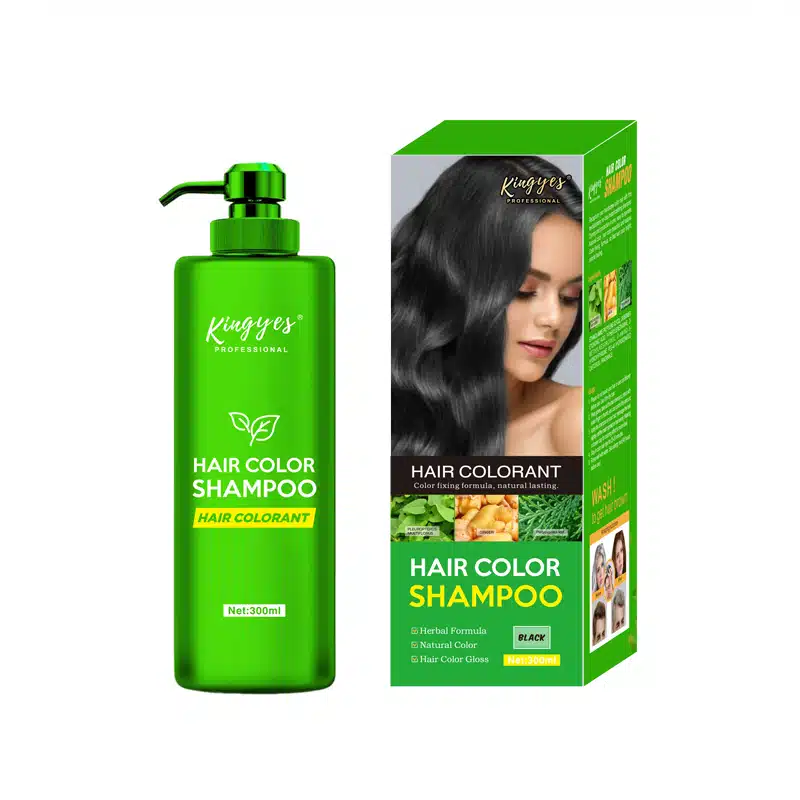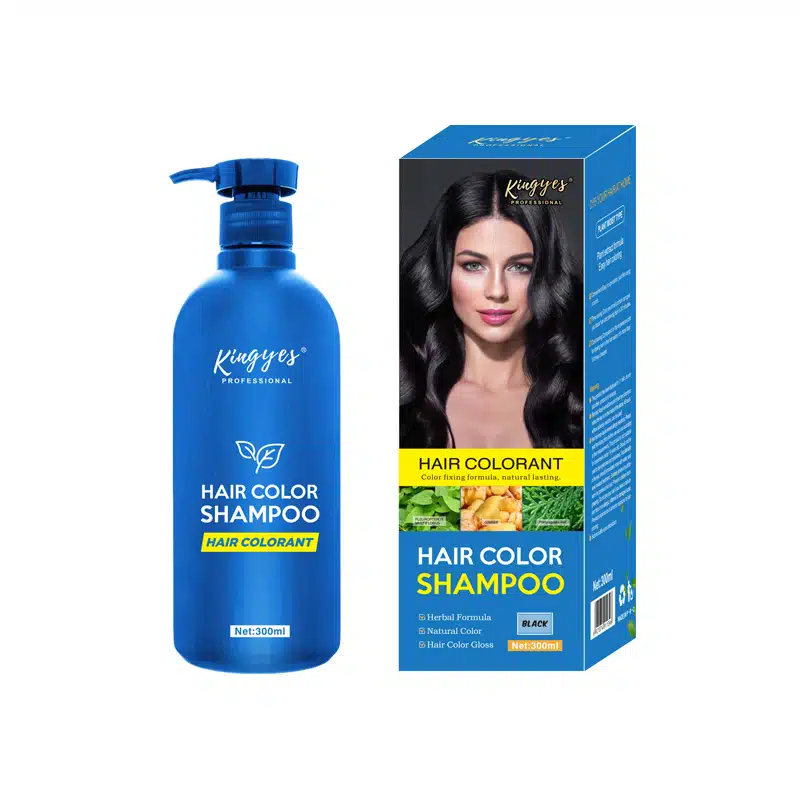
何時該使用髮油?
目錄
Whether you’re looking to tame frizz, add shine, or repair damaged hair, the right hair oil can make all the difference. But, when is the best time to use hair oil for optimal results? In this guide, we’ll explore the different types of hair oils available, the ideal times to apply them, and how they can work wonders for various hair types. If you’re struggling with dry hair, frizz, or just want a smoother, healthier mane, read on to discover the perfect hair oil routine for you.
Why Should You Use Hair Oil?
Hair oil is more than just a cosmetic product; it’s a vital treatment that can transform your hair’s texture, appearance, and health. The primary benefits of using hair oil include nourishing the hair, hydrating dry strands, and adding shine 和 smoothness. Many oils, such as 堅果油, 蓖麻油以及 椰子油, are rich in nutrients that penetrate the hair cuticle and repair damage from heat-styling, environmental stress, and chemical treatments.
When used correctly, hair oil can help you achieve soft, manageable hair that feels as good as it looks. But knowing when to apply hair oil is crucial to avoid weighing down your hair or causing excess buildup. In the next sections, we’ll break down the best times to incorporate hair oil into your routine and the right type for your hair needs.
What Are the Key Ingredients in Hair Oil?
Understanding the key ingredients in hair oil can help you choose the best option for your hair type. Many oils offer different benefits, from hydrating 和 moisturizing 至 strengthening 和 protecting. Here are some key ingredients you’ll commonly find in nourishing hair oils:
- 堅果油: Known for its ability to deeply 滋養 and hydrate the hair. Argan oil also helps reduce frizz and add shine.
- Castor Oil: This thick oil is great for promoting hair growth 和 nourishing the scalp.
- 椰子油: Excellent for penetrating the hair shaft and providing deep moisture.
- Grapeseed Oil: A lighter option, perfect for those with 毳毛 或 thin hair that need a weightless formula.
- 荷荷巴油: Known for its ability to mimic the natural oils produced by the scalp, making it great for dry scalp and adding shine without the heaviness.
Each ingredient has unique properties that cater to different needs. By understanding these ingredients, you can select the oil that best suits your hair texture and desired outcome.
How Often Should I Apply Hair Oil?
One of the most common questions regarding hair oil is: how often should it be applied? The frequency depends on your 髮質, 理以及 concerns. Here’s a general guide:
- For Dry Hair: If you have 乾髮, it’s recommended to use hair oil every time you wash your hair. Applying it while the hair is still damp can help seal in moisture.
- For Fine Hair: If you have 毳毛, you may want to use hair oil sparingly. A small amount can help prevent flyaways and add smoothness without weighing down the hair.
- For Thick or Coarse Hair: You may benefit from using hair oil more frequently, especially to 保湿 和 滋養 the hair, as thick hair tends to absorb more oil.
- For Color-Treated Hair: If your hair is color-treated, hair oil can help to restore moisture, 防止損壞以及 maintain hair health. Applying a nourishing hair oil like Moroccanoil treatment is an excellent choice for damaged hair.
In general, applying hair oil 2–3 times a week works well for most hair types. However, feel free to adjust based on how your hair feels and its specific needs.
Is Hair Oil Suitable for All Hair Types?
Hair oil is versatile, but it’s important to know if it’s right for your specific 髮質. Here’s a breakdown of how different types of hair can benefit from hair oil:
- 細髮: If you have 毳毛, choose a 失重 或 lightweight hair oil, such as Verb Ghost Weightless Hair Oil 或 Gisou Honey Infused Hair Oil. These oils will provide hydration without leaving hair greasy or weighed down.
- Coarse or Thick Hair: For thick 或 coarse hair, heavier oils like 蓖麻油 或 moroccanoil treatment original can offer the nourishment and moisture needed to manage frizz and add smoothness.
- 染過色的頭髮: Color-treated hair is often more prone to dryness and damage. A nourishing oil blend with 堅果油, 荷荷巴油或 rosemary oil can help keep your strands healthy and shiny.
No matter your hair type, there is a hair oil that can work wonders for you. Selecting the right oil based on your hair’s specific needs is the key to getting the most out of this hair treatment.
How to Use Hair Oil for Dry Hair
If you have 乾髮, 頭髮精油 can be a game changer. Applying it to 湿发 after washing is one of the most effective ways to lock in moisture and prevent dryness. Here’s how to use hair oil for 乾髮:
- After Shampooing: Apply a few drops of hair oil to your damp hair before you start styling. This helps infuse moisture into each strand and keeps your hair hydrated.
- Mid-Length to Ends: Focus the application on the ends of your hair where it tends to be drier and more prone to split ends. Avoid applying too much oil near the scalp to prevent it from becoming greasy.
- Leave-in or Rinse-Out: You can either leave the oil in as a leave-in treatment or rinse it out after a few minutes for a lighter feel.
使用 nourishing hair oil on dry hair is a great way to 光滑 frizz and add shine to dull strands, giving them a healthy, shiny finish.
Should I Use Hair Oil on My Scalp?
應用 頭髮精油 to your 皮 can help improve its health by providing hydration and stimulating hair growth. Oils like 蓖麻油 和 荷荷巴油 are excellent for nourishing the scalp, while tea tree oil is great for treating dandruff. Here’s when you should use hair oil on your scalp:
- Dry Scalp: If you have a dry scalp, applying hair oil can help restore moisture and balance. Gently massage the oil into your scalp before washing for a soothing, hydrating treatment.
- Hair Growth: Oils like 蓖麻油 和 rosemary oil are often used to promote 生髮 by stimulating the scalp and improving circulation.
- Scalp Treatment: For a deep scalp treatment, leave the oil on for 20–30 minutes before washing it out with shampoo.
Using oil on your scalp can address issues like dandruff, itchiness以及 dryness, leaving your scalp feeling nourished and your hair growing stronger.
What’s the Difference Between Heavy and Lightweight Hair Oils?
Choosing between a heavy 或 lightweight oil depends on your 髮質 和 desired effect. Here’s a quick comparison:
- Heavy Oils: These oils are ideal for thick, coarse或 damaged hair. They provide intense moisture and nourishment, making them perfect for treating dry or frizzy hair. Castor oil, 椰子油以及 moroccanoil 療法 are examples of heavy oils.
- Lightweight Oils: If you have 毳毛 or want a subtle effect, lightweight oils like Verb Ghost Weightless 髮油 或 Gisou Honey Infused Hair Oil are perfect. These oils hydrate and smooth without weighing hair down or causing excess buildup.
Understanding whether your hair needs a heavy or lightweight oil will help you avoid
常見問題
Can I use hair oil every day?
Yes, you can use hair oil daily, especially if your hair is dry 或 damaged. For 毳毛, use sparingly.Can hair oil be used as a heat protectant?
Certain oils like Moroccanoil 和 Olaplex No.7 can provide heat-styling protection, reducing heat damage.Does hair oil help with dandruff?
Yes, oils like tea tree oil 和 rosemary oil can help soothe and hydrate the scalp, reducing dandruff symptoms.Can I apply hair oil to wet hair?
Yes, applying hair oil to 湿发 helps lock in moisture and protects against damage during styling.
主要心得:
- Choose the right 頭髮精油 根據您的 髮質 和 needs.
- Use hair oil regularly for hydration, 控制卷髮以及 repair.
- Light oils are ideal for 毳毛, while heavier oils suit thick 或 coarse hair.
- Apply hair oil to damp hair for maximum effectiveness.
評論



Do You Put Self Tanning Mousse On Your Face?
Wondering if you can use self-tanning mousse on your face to achieve that sun-kissed glow?
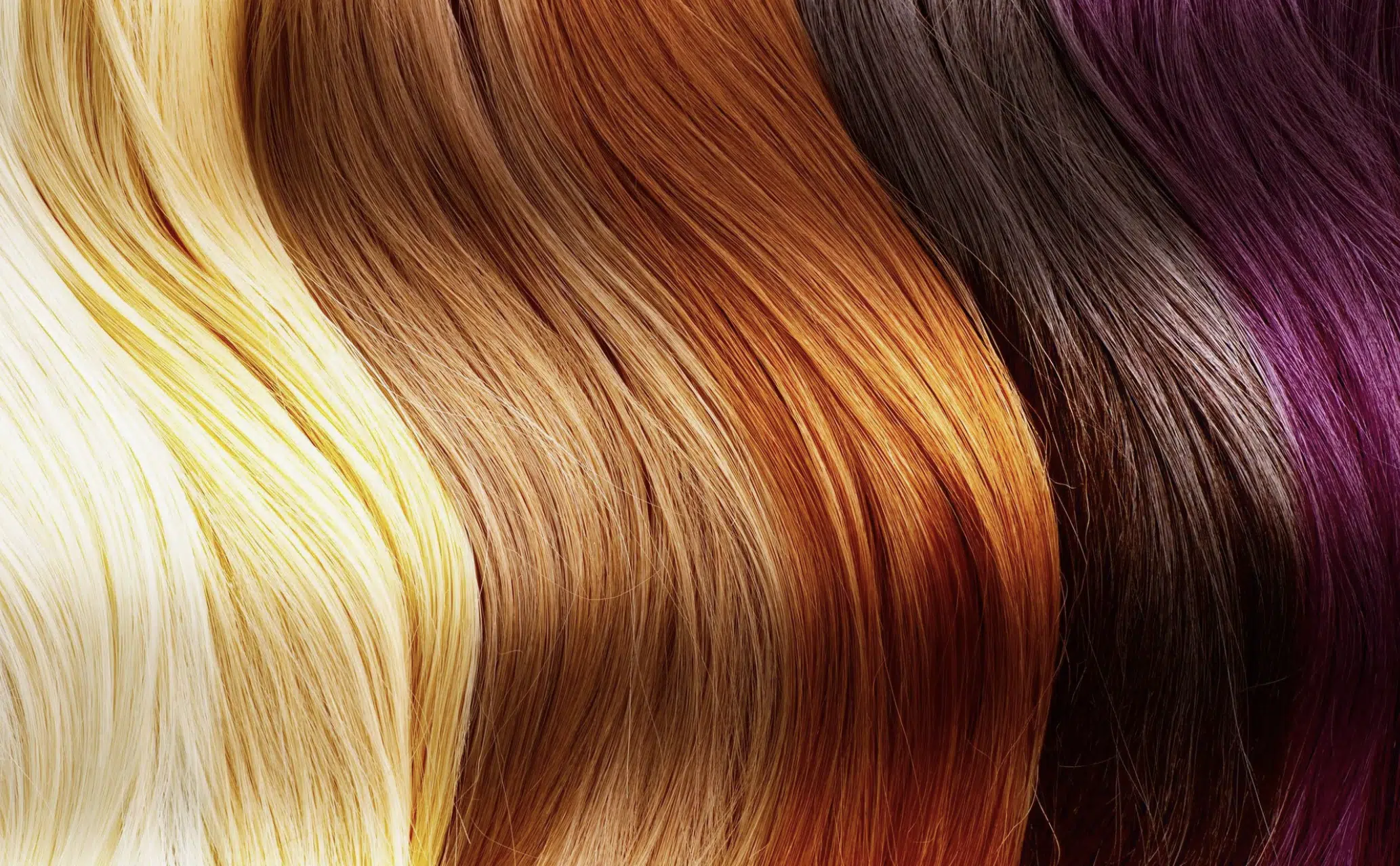
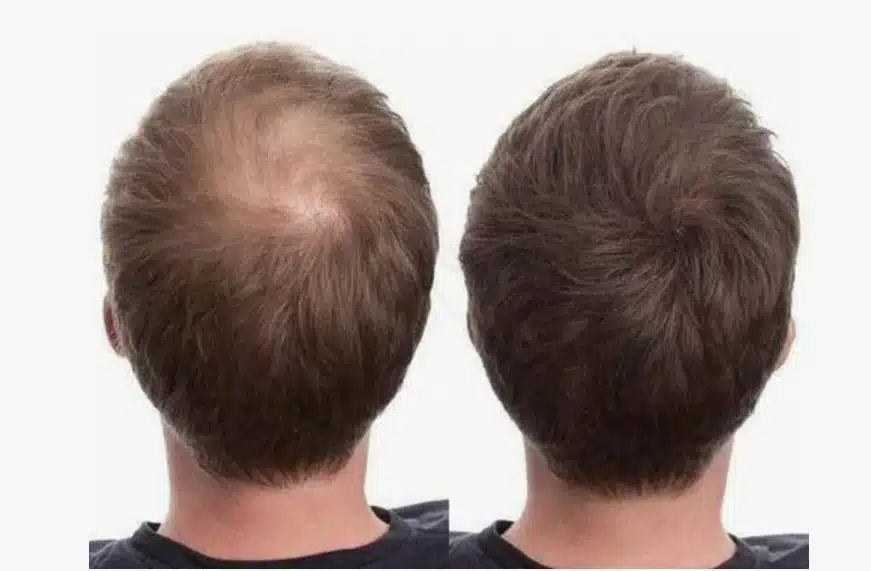
- +86 151 1839 7303
- [email protected]
- 週一至週日 07:00-23:00
標籤

What Do Cosmetic Manufacturers Do?
Ever wondered how your favorite lipstick, foundation, or moisturizer goes from an idea to the beautifully packaged product on the shelf?
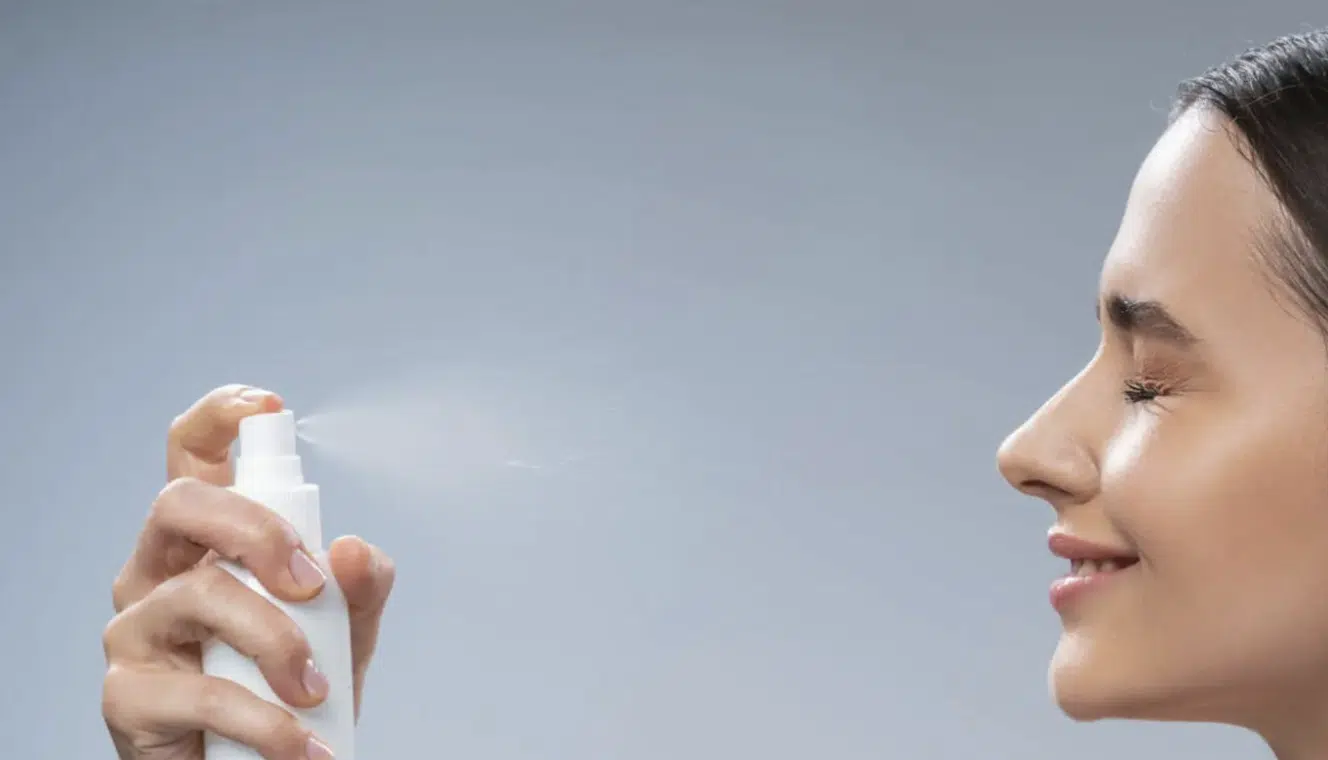
Do You Set Before Or After Setting Spray?
The world of makeup is filled with tips, tricks, and techniques to achieve a flawless, long-lasting makeup look.

What Happens If You Don’t Use Setting Spray?
Setting spray is often lauded as the ultimate secret to a long-lasting, flawless makeup look.


